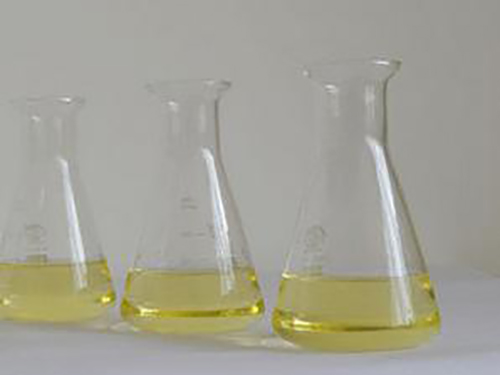Impact of Scale Formation and Corrosion Inhibitors on Industrial Equipment Performance
Scale and Corrosion Inhibitors A Critical Analysis
In industrial operations, particularly in sectors like power generation, oil and gas, and water treatment, the management of scale and corrosion is paramount. Both phenomena can lead to significant operational challenges, affecting efficiency and increasing maintenance costs. Consequently, the use of scale and corrosion inhibitors has become a fundamental strategy to mitigate these issues.
Understanding Scale and Corrosion
Scale refers to the accumulation of minerals, primarily calcium carbonate, calcium sulfate, and magnesium salts, that precipitate out of fluids as they undergo changes in temperature and pressure. This buildup can severely impair heat exchangers, boilers, and pipelines, reducing their efficiency and, in extreme cases, leading to catastrophic failures.
Corrosion, on the other hand, is the deterioration of materials, typically metals, due to chemical reactions with their environment. In industrial settings, corrosion can manifest as rust, pitting, or generalized wastage, resulting in compromised structural integrity and potential leaks. The repercussions of corrosion extend beyond operational inefficiencies; they pose safety risks and environmental hazards.
Role of Scale and Corrosion Inhibitors
To address these pervasive challenges, the introduction of inhibitors has been a breakthrough in maintaining the integrity and efficiency of industrial systems. Scale inhibitors work by interfering with the crystallization process of scale-forming minerals, thus preventing their deposition on surfaces. Commonly used scale inhibitors include polyacrylic acids, phosphonates, and citrates, which function by either sequestering ions or modifying the growth patterns of crystals.
Corrosion inhibitors, on the other hand, are chemicals that reduce the rate of metal degradation in corrosive environments. These inhibitors can be anodic, cathodic, or mixed, depending on their mode of action. For instance, anodic inhibitors form a protective oxide layer on the metal surface, while cathodic inhibitors reduce the cathodic reaction rate in electrochemical processes.
scale and corrosion inhibitor

Selection and Application
The selection of appropriate scale and corrosion inhibitors is critical and depends on factors like the type of system, fluid characteristics, temperature, pressure, and the specific minerals involved. In water treatment facilities, for instance, the chemistry of the water being processed will dictate the choice of inhibitors. Similarly, in oil and gas operations, the presence of aggressive species like sulfide and chloride ions necessitates customized solutions.
Application methods also matter; inhibitors can be dosed continuously, batch-fed, or integrated into the system’s design, such as coatings or blending with other materials. Effective monitoring of inhibitor performance is essential, often requiring real-time analysis to adapt to variable conditions within the system.
Environmental Considerations
While inhibitors are vital for operational efficiency, environmental concerns must be addressed. Many traditional chemical inhibitors can be toxic and pose risks to ecological systems upon disposal. Therefore, the industry is seeing a shift towards greener alternatives that are less harmful to the environment yet effective in controlling scale and corrosion. Biodegradable polymers and naturally sourced substances are gaining traction as viable options.
Conclusion
The management of scale and corrosion through the use of inhibitors is an essential aspect of industrial operations, significantly impacting economic viability and safety. With continuous advancements in chemical formulations and a greater emphasis on sustainability, the future of scale and corrosion control looks promising. By selecting the right inhibitors and applying them effectively, industries can enhance their operational efficiency, minimize maintenance costs, and contribute to safer and more environmentally-friendly practices. As technology progresses, ongoing research will likely uncover even more innovative solutions to combat these age-old problems, solidifying the role of scale and corrosion inhibitors as indispensable tools in industrial maintenance and operation.
-
lk-319-special-scale-and-corrosion-inhibitor-for-steel-plants-advanced-solutions-for-industrial-water-systemsNewsAug.22,2025
-
flocculant-water-treatment-essential-chemical-solutions-for-purification-processesNewsAug.22,2025
-
isothiazolinones-versatile-microbial-control-agents-for-industrial-and-consumer-applicationsNewsAug.22,2025
-
scale-inhibitor-key-solutions-for-water-system-scale-preventionNewsAug.22,2025
-
organophosphonates-versatile-scale-inhibitors-for-industrial-water-systemsNewsAug.22,2025
-
scale-and-corrosion-inhibitor-essential-chemical-solutions-for-water-system-maintenanceNewsAug.22,2025





